#morwen ?
Explore tagged Tumblr posts
Note
It feels like so many of Tolkien's works really explore the concept of not only losing your home, but then that home becoming changed and twisted from what you once knew. There's a sense of never being able to return, both in exile or because of hostilities, and then even if one did return it's irrevocably changed and all the more painful because one's home only really exists in one's memory?
The Silmarillion and Tolkien’s other works, there are so many other examples. Even outside The Children of Húrin which is primarily what I write about…Elwing too is forced to flee multiple homes. Eärendil’s grief over Gondolin representing the losses of the other survivors. Elves who were born and lived in Beleriand or elsewhere in Middle Earth who find themselves separated permanently from it after their death, adding another layer of violence and loss
And so many more
In The Children of Húrin alone we see so much of this in these different shades. The house of Bëor has fallen, Morwen says. She has not been home since she was a little girl and knows she will never return. Indeed, we see what Dorthonion has become when Túrin and Beleg are lost there. The houses, villages and farms Morwen grew up around are swallowed by the dark pines and guarded by hostile forces.
Dor-lómin is safe and then it is not. She becomes an outcast where shunning is the best possible outcome. People she has known for years are brutalized for associating with her. She is once more forced to flee.
Túrin too is forced to flee and when he returns, he causes more harm. He can never live there again, for so many reasons. Niënor and Tuor are born into a land that has turned hostile even after their mothers were forced to flee there from their own homes
For Húrin and Aerin we see the landscapes of their childhood changed in still other ways.
For Húrin, he is imprisoned away from home and when he’s finally released, encounters a completely unfamiliar and hostile place.
For Aerin, she is imprisoned there while it is happening, watching from the ground as her people’s traditions are at best ridiculed, often forbidden. She watches the geography itself change as different agricultural and architectural customs take hold. She is punished for speaking her own language.
I hope it’s okay I rambled a bit, anon! I love writing about this stuff (my tags for this topic is houseless for exiles and occupation of hithlum) so I tried to make it brief but yeah, I have so many emotions about this
#the silmarillion#musing and meta#the children of húrin#morwen#húrin#aerin#cw abuse#houseless for exiles#occupation of hithlum#word ran among them#Niënor#Tuor#in the iron hell#post Angband#the wanderings of húrin
43 notes
·
View notes
Text

had to make my own version of this (the original template was uhh… questionable)
blank template under the cut!

#bbc merlin#merthur#merwaine#mergwaine#arwen#argwen#gwenthur#nimuane#gwencelot#perwaine#merwencelot#mercelot#arwencelot#arcelot#or something. anyways#freylin#morgwen#morwen#morgred#ig??#perelyan#(wipes sweat off brow)#merlin memes#my gifs
1K notes
·
View notes
Text


Escape of Turin
592 notes
·
View notes
Text
The fruity four?
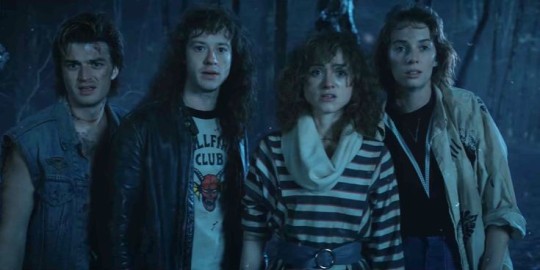
or THE FRUITY FOUR
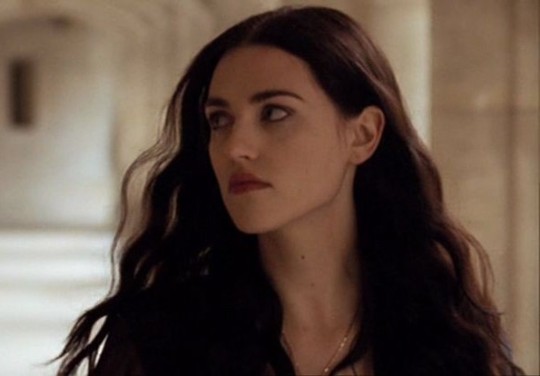
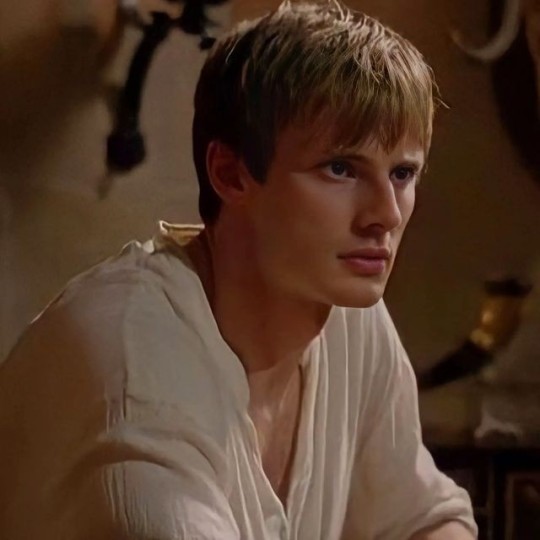
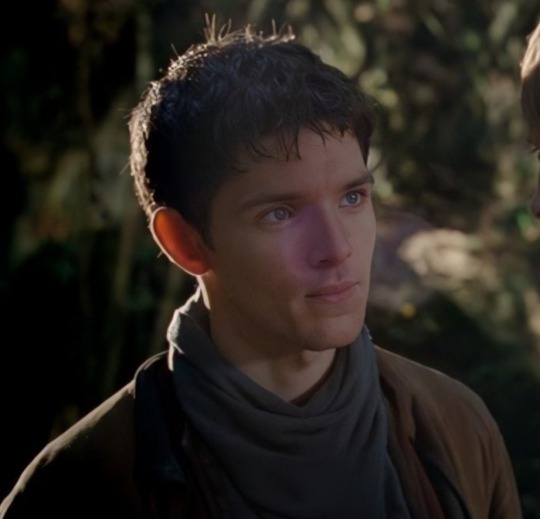
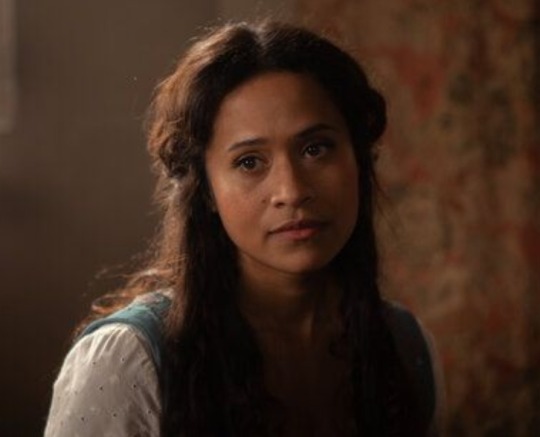
#The fruity four#THE ORIGINAL FRUITY FOUR#stranger things season 4#stranger things#robin buckley#eddie munson#steve harrington#nancy wheeler#morgana pendragon#arthur pendragon#guinevere pendragon#merlin emrys#ronance#steddie#merthur#morgwen#morwen#gwen x morgana#arthur x merlin#merlin x arthur#morgana le fay#bbc merlin#merlin#merlin bbc#robin x nancy#nancy x robin#steve x eddie#eddie x steve#crossover#crossover shitpost
807 notes
·
View notes
Note
Just wanted to say I absolutely love your art and character design, you give each one such vibrancy and life and detail, I love seeing all of it
-@outofangband
i'm gonna be so honest right now i skimmed over this ask, read your handle at the end first, and said out loud "oh that'll be fun, i can work on my beorian clothing styles a bit more!" before i even processed that you. uh. Did Not Actually Request Morwen. Or Anyone Else For That Matter. and then i decided oh, what the hell, i'm gonna do a morwen anyway, so here you go lmao hope you enjoy the product of my complete lack of reading comprehension 😭

(not currently taking requests, although apparently if i associate you enough with a particular blorbo you'll get art anyway if you just show up in my inbox 😭)
#morwen#silmarillion fanart#children of hurin#tolkien fanart#thank you for the very nice compliment. i'm a fool and a clown. hope you like her anyway 😭#gen#subcreation
241 notes
·
View notes
Text
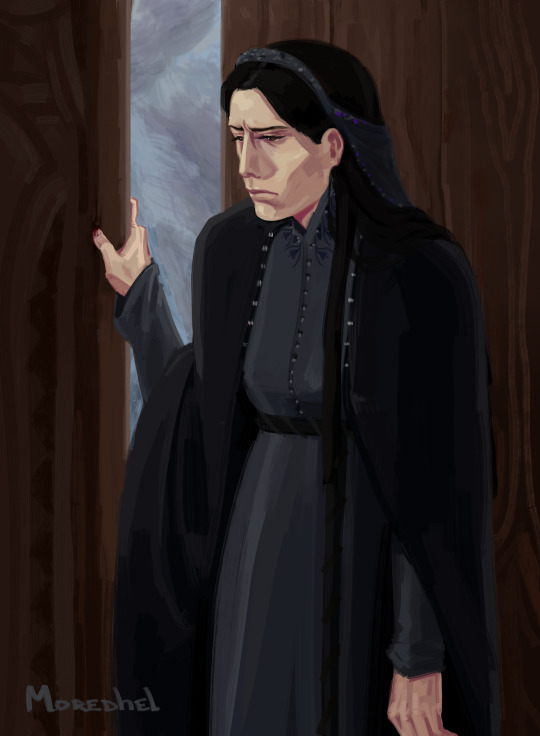
"But Morwen standing on her threshold heard the echo of that cry in the wooded hills, and she clutched the post of the door so that her fingers were torn."
#my art#silmarillion#tolkien#tolkien fanart#silm art#art#fanart#morwen#children of hurin#morwen eledhwen#house of beor#house of hador
157 notes
·
View notes
Text
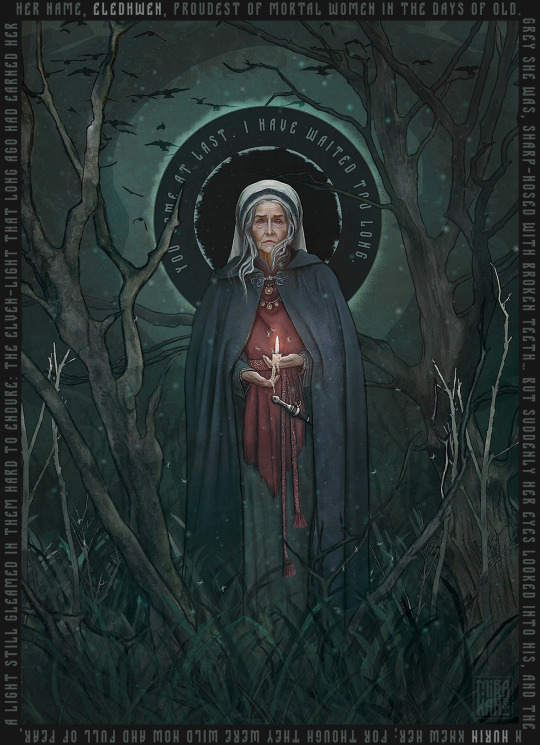
I have waited too long — Morwen.
The Myth.
This one was created as the last artwork of 2023.
More of a mythical/symbolic imagery than a realistic illustration.
#silmarillion#tolkien#middle earth#silm art#artmirka#the children of hurin#morwen#children of hurin#hurin
738 notes
·
View notes
Text

Morwen.
I get request so, and I replied :)
I hope you will like it.
#morwen#fantasy#lord of the rings#lotr#lotr art#silmarillion#silmarillion art#elves#the silmarillion#hobbit#tolkien#tolkien art#my art#hurin#children of hurin#hurin x morwen#turin turambar#nienor#belek#beleg cuthalion#lord of the rings art#hobbit art#silm art
347 notes
·
View notes
Text

Mowren in my dream bunad because there´ll go many years before I can get my own - unless I learn how to sew... which I won't.
#going to bed now#tolkien#jrr tolkien#silmarillion#the children of hurin#coh#morwen#morwen eledhwen#tolkien art#coh art#silm art#digital art#my art
276 notes
·
View notes
Text
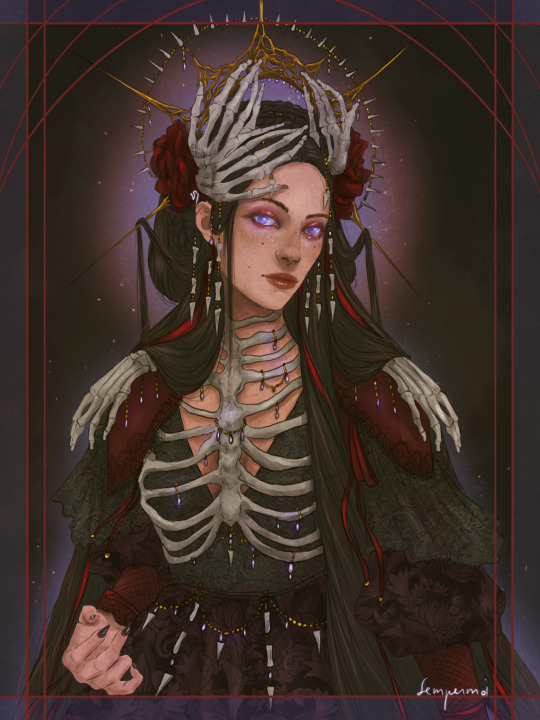
Morwen - Silmarillion Extravaganza
She may not have actually been an elven witch, but appearances can work in your favour, right? ^^
#morwen#artists on tumblr#art#drawing#digital art#my art#illustration#tolkien#tolkien art#procreate#silmarillion extravaganza#silm art#silmarillion
780 notes
·
View notes
Text


I commissioned these portraits of Aerin and Morwen from @lycheesodas awhile ago and I just wanted to show everyone again because it’s so beautiful;
I chose bog rosemary and yarrow for Morwen’s because they’re two plants that could have grown in both Hithlum and Dorthonion. I requested the yellow ivy because it’s one of the plants I associate with Aerin (though she is possibly the character I have the most specific botanical associations with?)
Anyways thank you again lycheesodas and if you ever add this to your shop I would absolutely buy it in a notebook or print! As soon as I have the means to commission you again I would love to
88 notes
·
View notes
Text
You, Silmarillion fan, do you enjoy pain?
Then come to our stream of Děti Húrinovy (Children of Húrin) by Falešné Společenstvo (a czech musical theatre group who has to date 6 full-length Silmarillion musicals). There is loss, grief, pain and anguish in spades, and the occasional unexpected, but very welcome humorous interlude. Also gorgeous music.
"But I don't speak Czech?" Me neither! But luckily for you they have just added english subtitles :D
"Ok so where can I watch this?" The full musical is here on yt, but if you would like to watch it in company, the Last Homely Server is hosting 2 watchparties. See you there!
Sunday, 16th of June 10:00 CET Friday, 21th of June 19:00 CET Cytube room: https://cytu.be/r/detihurinovy Password: Turambar

Morwen and Húrin grieve at the graves of their children
#tolkien musicals#falešné společenstvo#false fellowship#silmarillion#tolkien#Děti Húrinovy#children of hurin#turin turambar#glaurung#beleg#morwen#nienor#hurin#Mîm#silmarillion musicals#thingol#melian#galadriel#morgoth#czech tolkien musicals#beleg strongbow#beleg cuthalion#the silmarillion#the children of húrin
341 notes
·
View notes
Text
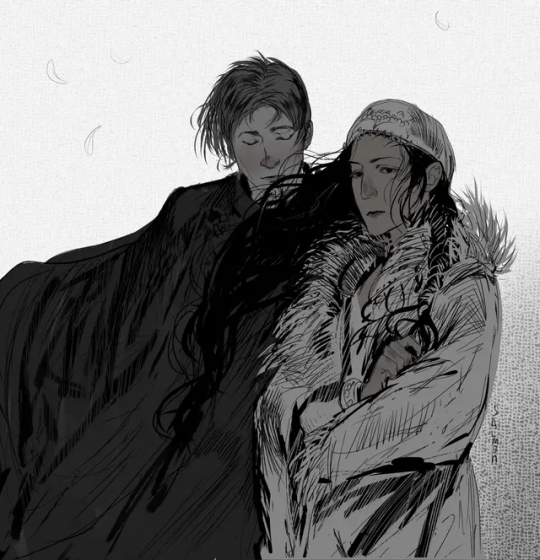

Morwen X Hurin 💔
631 notes
·
View notes
Text

Brodda Meets The Witch
I've finally finished up some projects so I now have time to draw for myself for a while. Of course the first thing I draw is Morwen after a dry spell. This is technically a highly detailed thumbnail but I just wanted to share. :3
Y'know my girl would have absolutely thrown down to the bitter end if Brodda's first reaction wasn't to immediately flee from her.
#silmarillion#the children of hurin#narn i chin hurin#absolute queen#brodda#he's there too i guess#morwen#can't stop won't stop drawing her
182 notes
·
View notes
Text

I enjoy drawing in this style 🥰
#turin#beleg#turin turambar#turleg#saeros#hurin#morwen#nienor#lalaith#children of hurin#silmarillion
135 notes
·
View notes
Text
silm fandom can cry about giving women more depth and moral complexity all they want but their idea of "nuance" for female characters is twisting the text to make them into the ones to blame for the male characters' actions. it's not about giving women depth, it's about absolving shitty men bc that's your little meow meow and you don't want him to be the terrible person he canonically is ¯\_(ツ)_/¯ "oh tolkien is so sexist" yes he is! and congratulations you're even worse
#and frankly it's pathetic to pass off your misogynistic takes as woke and feminist TM#indis#míriel#miriel serinde#nerdanel#eärwen#earwen#eärwen of alqualondë#anairë#anaire#galadriel#lúthien#lúthien tinúviel#luthien#luthien tinuviel#aerin#morwen#morwen eledhwen#idril#idril celebrindal#elwing#elwing the white#tolkien#tolkien tag#the silmarillion#the silm#silmarillion#silm#jrr tolkien
78 notes
·
View notes